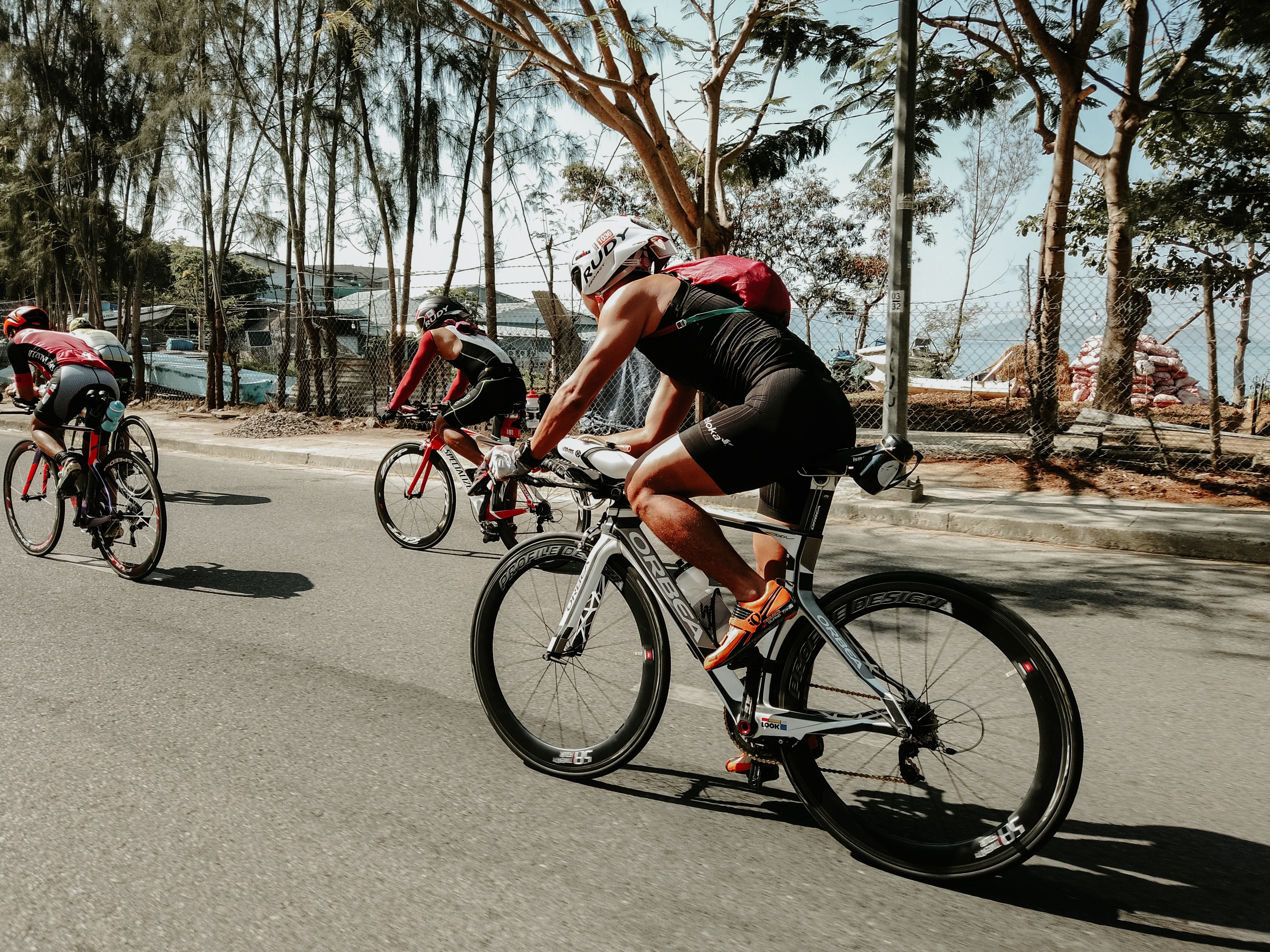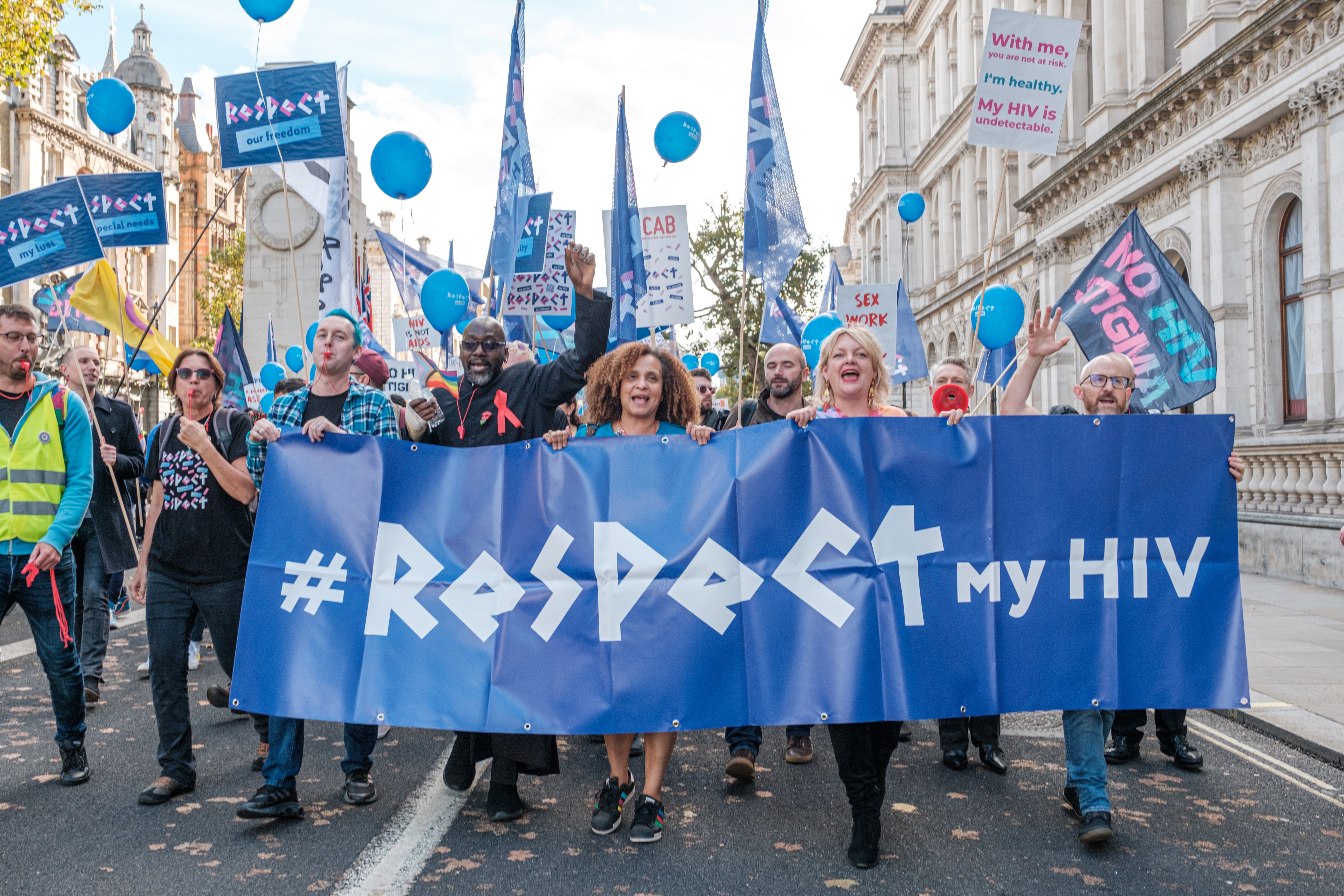Research
By collaborating with great colleagues at University of Missouri-Kansas City, Children's Mercy Hospital, University of Massachusetts-Lowell, Texas A&M University, California State University-San Bernadino, California Baptist University, and many other institutions, I attempt to improve health by developing and implementing social interventions to improve societal systems and structures. These social interventions are targeted at public health systems, including reducing discrimination and stigma that negatively impacts health outcomes.
Physical Activity
 To increase population-level physical activity, public health needs scalable, sustainable, and pragmatic interventions. Together with community members and organizations, I study how to improve physical activity for minoritized populations including racial and ethnic minorities, adolescents, and transgender individuals.
To increase population-level physical activity, public health needs scalable, sustainable, and pragmatic interventions. Together with community members and organizations, I study how to improve physical activity for minoritized populations including racial and ethnic minorities, adolescents, and transgender individuals.
Racial and Ethnic Minority Health: As part of the Health Equity Institute, I work to increase broad participation in physical activity for all people in the KC metro, with a specific focus on places with lower rates of physical activity. We implement community-wide physical activity programming that encourages people to participate in fun, community-delivered, culturally-appropriate programming.
Adolescent Health: Move More Get More is an after-school, sport-sampling intervention designed to increase physical activity and improve physical literacy for inner city youth. This work had led to number publications, grant funding, and a policy statement supporting physical education for all youth. We are also a National Youth Sports Strategy Champion. Please visit the ACTIVE Lab to learn more.
Transgender Health: Together with researchers from across the United State, I lead the understanding of physical activity among transgender individuals and development of policies to combat discriminatory laws that limit participation in physical activity for transgender individuals.
Transportation: As part of the Health Equity Institute, we are evaluating the zero fare transportation system in Kansas City. With the Area Transit Authority, we are assessing the health and environmental impacts of zero fare transit, as well as how to ensure sustainability of zero fare for the long-term. Please visit Getting Around KC for more information.
HIV
 Helping to combat the HIV epidemic is a passion of my life and an essential focus of my research. I attempt to understand how housing, employment, and other social variables impact the spread of HIV. Together with the KC Health Department and other HIV-serving organizations nationally, we have described the link between housing, employment, HIV stigma, HIV viral suppression, and retention in HIV medical care. This work has been highlighted as a Best Practice by the Health Resources and Services Administration of the U.S. Department of Health and Human Services, by the Centers for Disease Control and Prevention, and as an intervention that should be replicated. More information can be found here.
Helping to combat the HIV epidemic is a passion of my life and an essential focus of my research. I attempt to understand how housing, employment, and other social variables impact the spread of HIV. Together with the KC Health Department and other HIV-serving organizations nationally, we have described the link between housing, employment, HIV stigma, HIV viral suppression, and retention in HIV medical care. This work has been highlighted as a Best Practice by the Health Resources and Services Administration of the U.S. Department of Health and Human Services, by the Centers for Disease Control and Prevention, and as an intervention that should be replicated. More information can be found here.
Public Health Practice
 To improve population health, the public health system is in need of updated models and frameworks. Together with colleagues at national and local organizations, I work to develop models that meet the demands of today's public health environment. Specifically, I'm focused on how to improve the community health assessment and community health improvement planning process to impact population health. This work has led to multiple studies with health departments across the U.S.
To improve population health, the public health system is in need of updated models and frameworks. Together with colleagues at national and local organizations, I work to develop models that meet the demands of today's public health environment. Specifically, I'm focused on how to improve the community health assessment and community health improvement planning process to impact population health. This work has led to multiple studies with health departments across the U.S.
